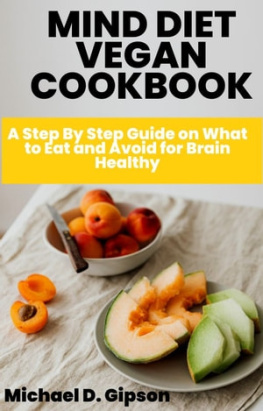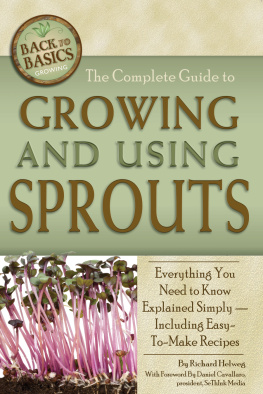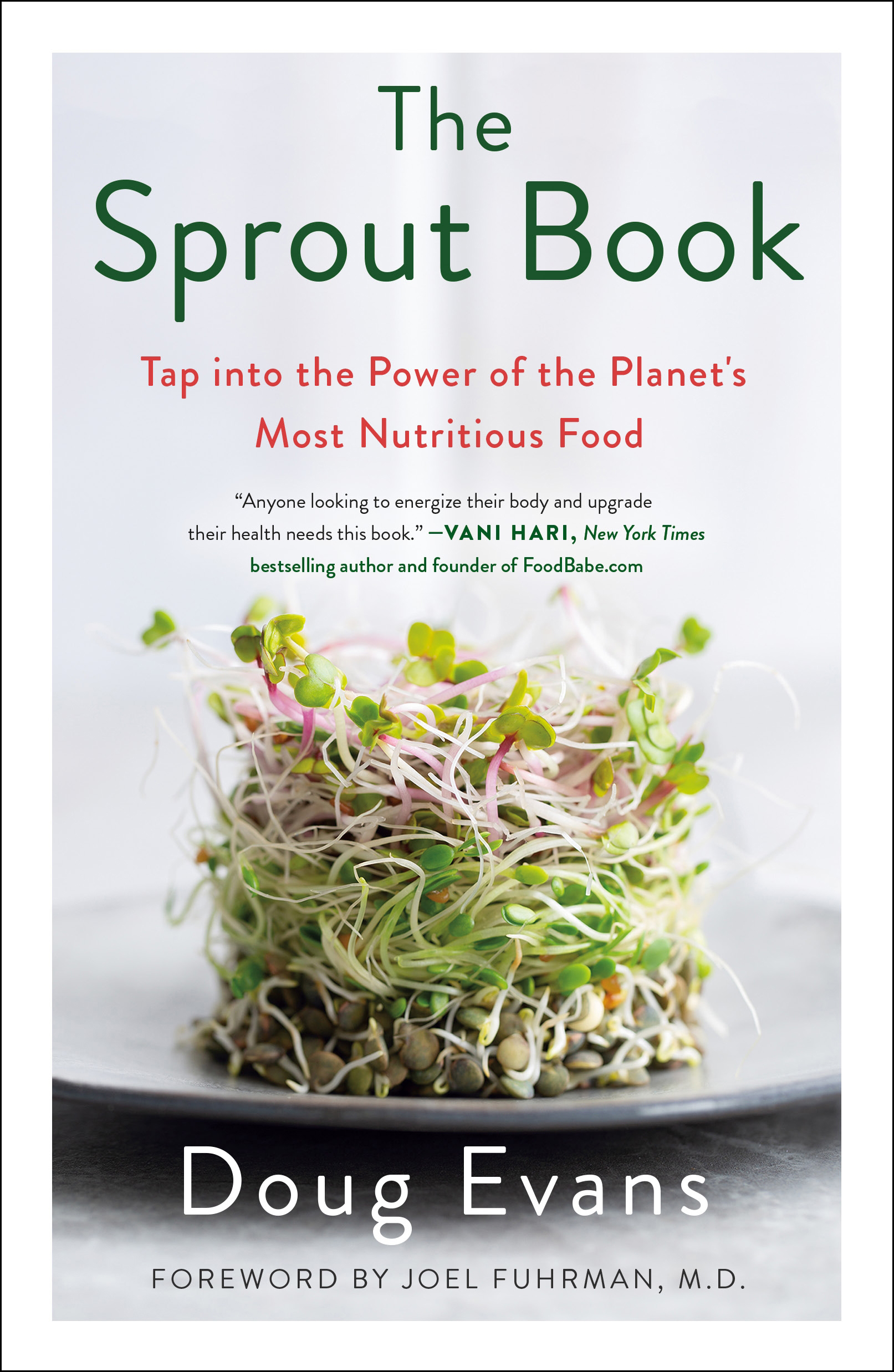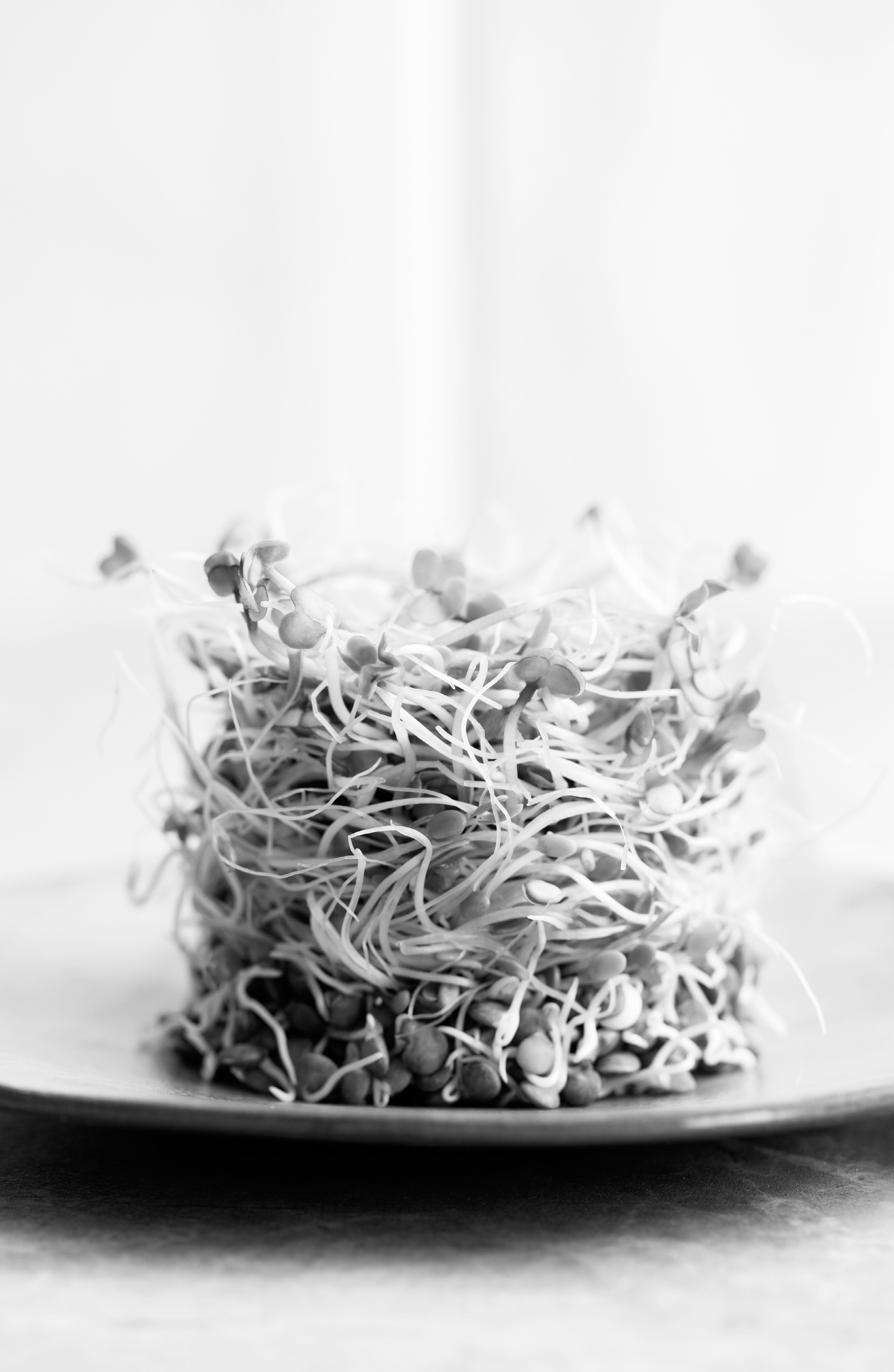The author and publisher have provided this e-book to you for your personal use only. You may not make this e-book publicly available in any way. Copyright infringement is against the law. If you believe the copy of this e-book you are reading infringes on the authors copyright, please notify the publisher at: us.macmillanusa.com/piracy.
We are in an era of scientific advancements enabling prolongation of human life via nutritional excellence.
In other words, it has not been advancements in medicine, pharmacology, surgical techniques, radiation, and organ transplantation that have offered our population a dramatic difference in extending healthy life expectancy; rather it has been diet and nutrition that enable dramatic potential for a healthful and lengthy life, in spite of it generally being ignored by health professionals and the public. It is living in a manner that enables us to be so healthy that we can avoid health care that leads to excellent health, not access to health care.
I always say, We have landed a man on the moon already! And by that, I mean we already know how to save millions of lives, win the war on cancer, and protect our population from heart attacks and strokesthe leading causes of death. The answer is vegetables. People dont like that answer. They are still seeking a magic pill they can take so they can still smoke cigarettes and not get lung cancer or think they can eat pizza, hot dogs, doughnuts, and bagels and not get breast cancer. Life is not a fairy tale. In the real world, we are formed from what we ate in our lives, and we have the full rights and responsibility to destroy our health with unhealthy foods or protect it with nutritious, healthy plant foods.
Given the depth of scientific studies on this issue, and the power of nutrition to unleash the miraculous healing powers in our cells, it is evident that we have an unprecedented opportunity in human history to live longer and better than ever before, if, and only if, we choose to eat an ideal diet.
I am an outspoken advocate of a Nutritarian dieta nutrient-dense, plant-rich diet that includes a wide variety of natural plant foods with their rich phytonutrient, anti-inflammatory, and anticancer benefits. A Nutritarian diet also recommends greens, beans, mushrooms, onions, berries, and seeds for their varying and synergistic anticancer and life span benefits.
Clean green foods are the secret to a long, healthy life. Greens not only fuel our cells major repair mechanisms, they are also needed for the normal functioning of our immune systems. Greens suppress genetic alterations that, if left exposed, could contribute to cancer development.
For example, green cruciferous plants enable the production of isothiocyanates (ITCs), formed when the cell wall is broken as the food is eaten or blended. The cruciferous family is unique among vegetables because of their glucosinolate content; glucosinolates give cruciferous vegetables their characteristic spicy or bitter tastes. When the plant cell walls are broken by blending, chopping, or chewing, an enzyme called myrosinase converts glucosinolates to isothiocyanates (ITCs)compounds with potent anticancer effects, including:
- Anti-inflammatory effectsITCs have been found to decrease the secretion of inflammatory molecules.
- Anti-angiogenic effectsIsothiocyanates can inhibit the development of new blood vessels to limit tumor growth.
- Detoxification of carcinogensSome carcinogens must be converted to their active form before they can bind to DNA to cause carcinogenic changes; isothiocyanates can block this transformation.
- Preventing DNA damageIsothiocyanates also increase the production of the bodys natural detoxification enzymes, which protect DNA against damage from carcinogens and free radicals.
- Stopping cell division in cells whose DNA has been damaged.
- Promoting programmed cell death in cancerous cells.
- Anti-estrogenic activityExposure to estrogen is known to increase breast cancer risk; estrogens can alter gene expression, promoting cell proliferation in breast tissue. ITCs have been shown to inhibit the expression of estrogen-responsive genes.
- Shifting hormone metabolismEating cruciferous vegetables regularly helps the body to shift hormone metabolism, reducing the cancer-promoting potency of estrogen and other hormones.
Eating cruciferous vegetables produces measurable isothiocyanates in breast tissue,
The new study kept track of cruciferous vegetable intake in Chinese women with breast cancer for the first three years after diagnosis, and followed the women for a total of five years. They found dose-response effectsthis means that the more cruciferous vegetables women ate, the less likely they were to experience breast cancer recurrence or die from breast cancer. When the women were grouped into four quartiles of cruciferous vegetable consumption, those in the highest quartile had a 62 percent decrease in risk of death and 35 percent reduced risk of recurrence compared to the lowest quartile.
This new data supports a previous report from the Womens Healthy Eating and Living (WHEL) Study. Breast cancer survivors who reported higher than median cruciferous vegetable intake and were in the top third of total vegetable intake had a 52 percent reduced risk of recurrenceespecially powerful since the average intakes were quite low3.1 and 0.5 servings/day of total and cruciferous vegetables, respectively.
The message and point here is that food is powerful, and greens are likely the most powerful food you can eat to prevent cancer and prolong life span. This healing power is even more concentrated in young vegetables, sprouts, and microgreens. These tiny powerhouses are secret weapons in the war on cancer, as they enable us to optimize our ITC exposure so easily and without high cost or risk of pesticides or contamination. Sprouts and microgreens are inexpensive, can be made at home, and can add the benefits of green superfoods to almost everyones diet.
Despite being low in calories, sprouts are a rich source of nutrients and beneficial plant compounds. Their vitamin and mineral content is high. The sprouting process increases nutrient levels, making sprouts richer in protein, folate, magnesium, phosphorus, manganese, and vitamins C and K than un-sprouted plants.
That means that sprouts have higher levels of amino acids that may be low in starchy vegetables and grains, with specific amino acids increasing by as much as 30 percent. And the proteins in sprouts are also easier to digest than the proteins in beans and nuts and seeds. The sprouting process also reduces the amount of antinutrients, such as phytic acid, that decrease your bodys ability to absorb nutrients from the plantby up to 87 percent. So the minerals in sprouts are more absorbable. Sprouts are also great sources of antioxidants and other beneficial plant compounds.









